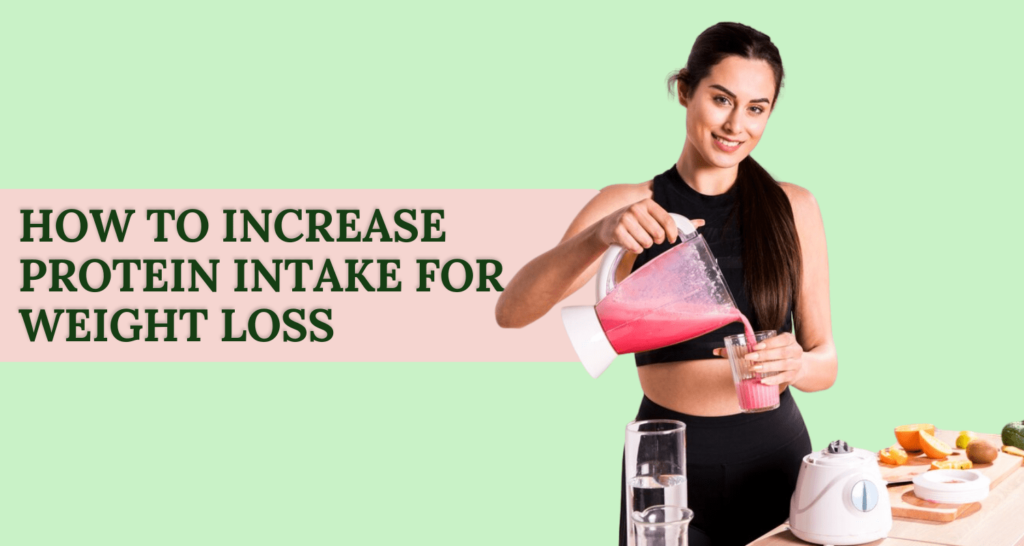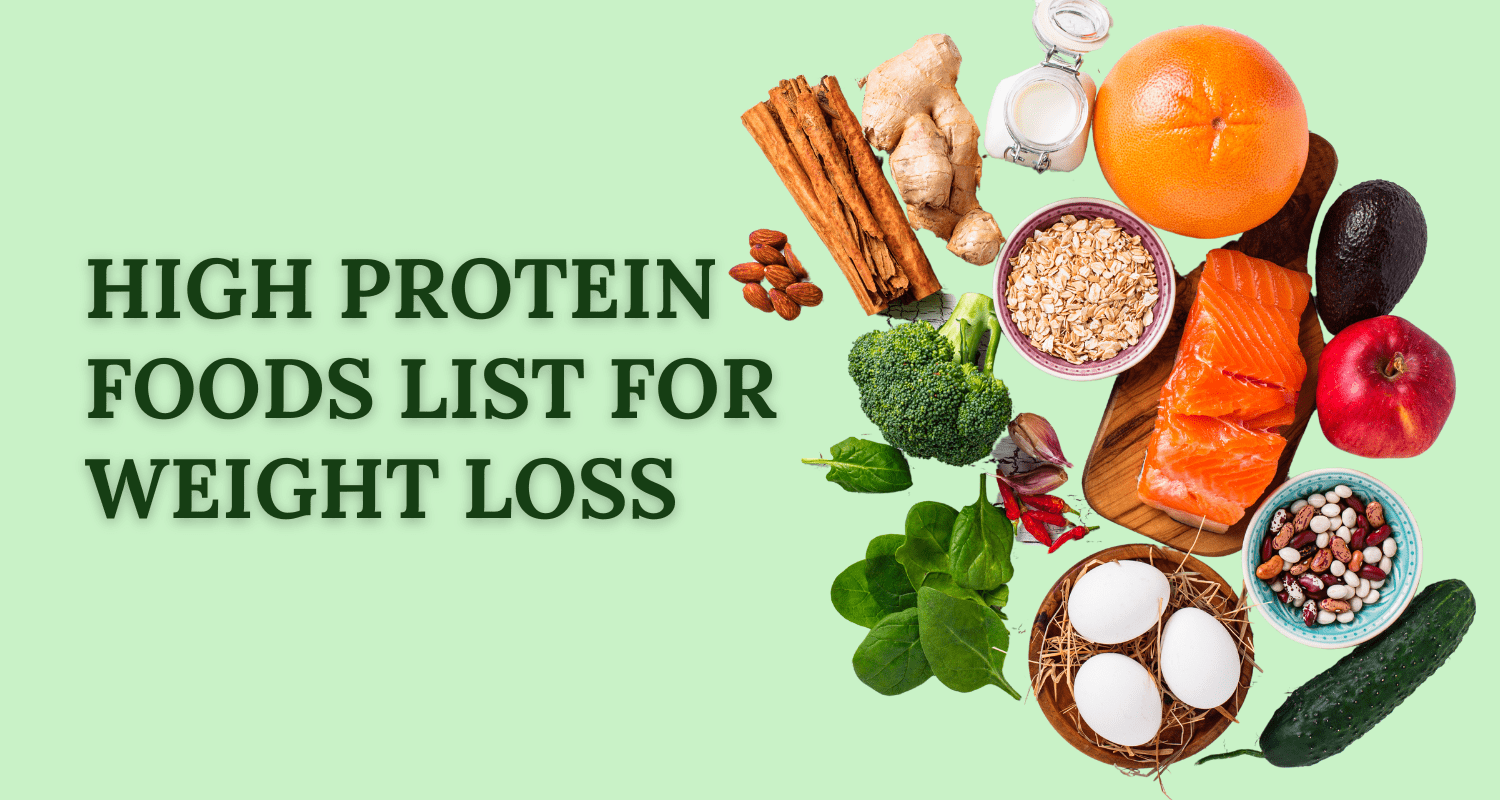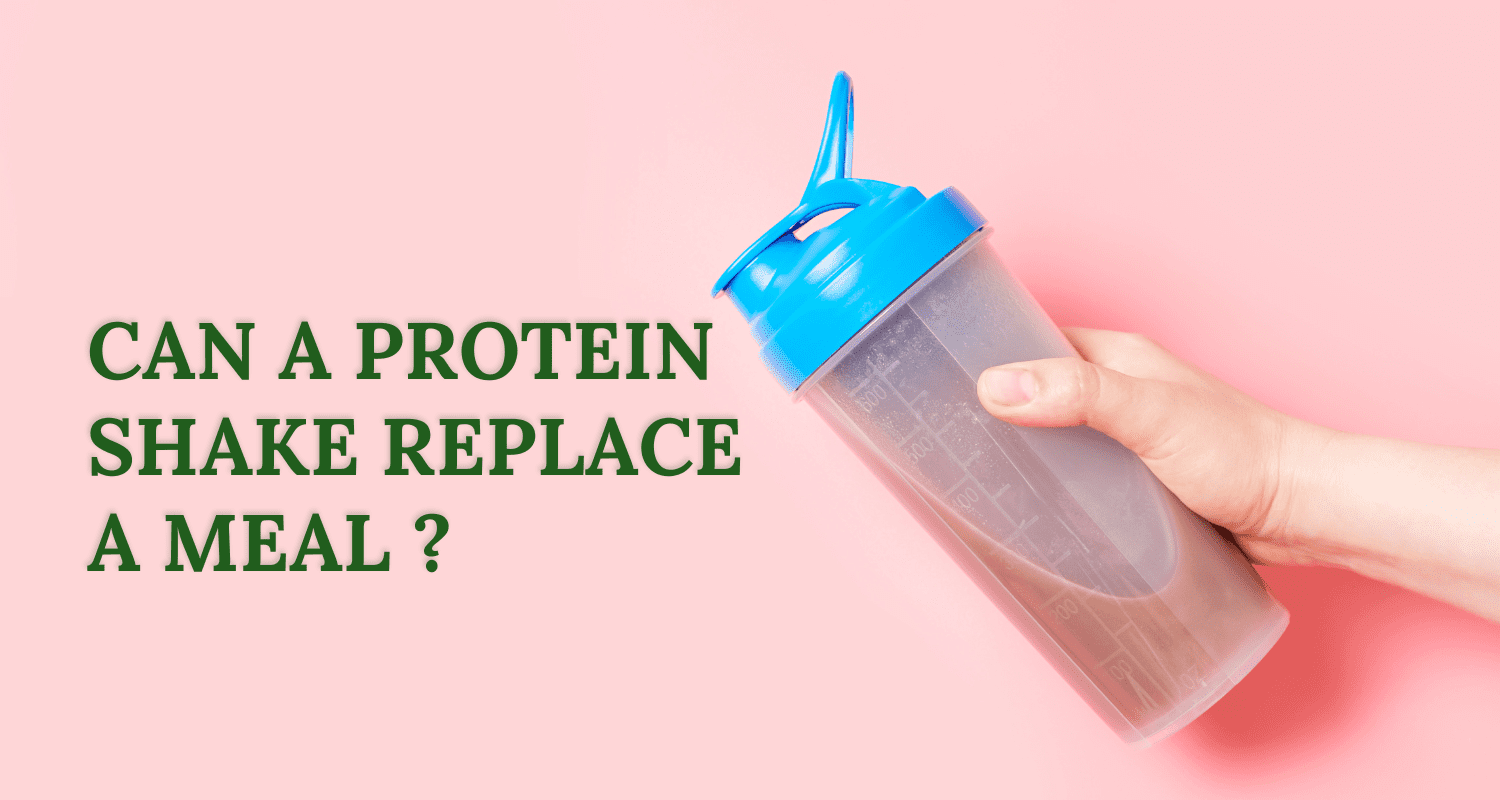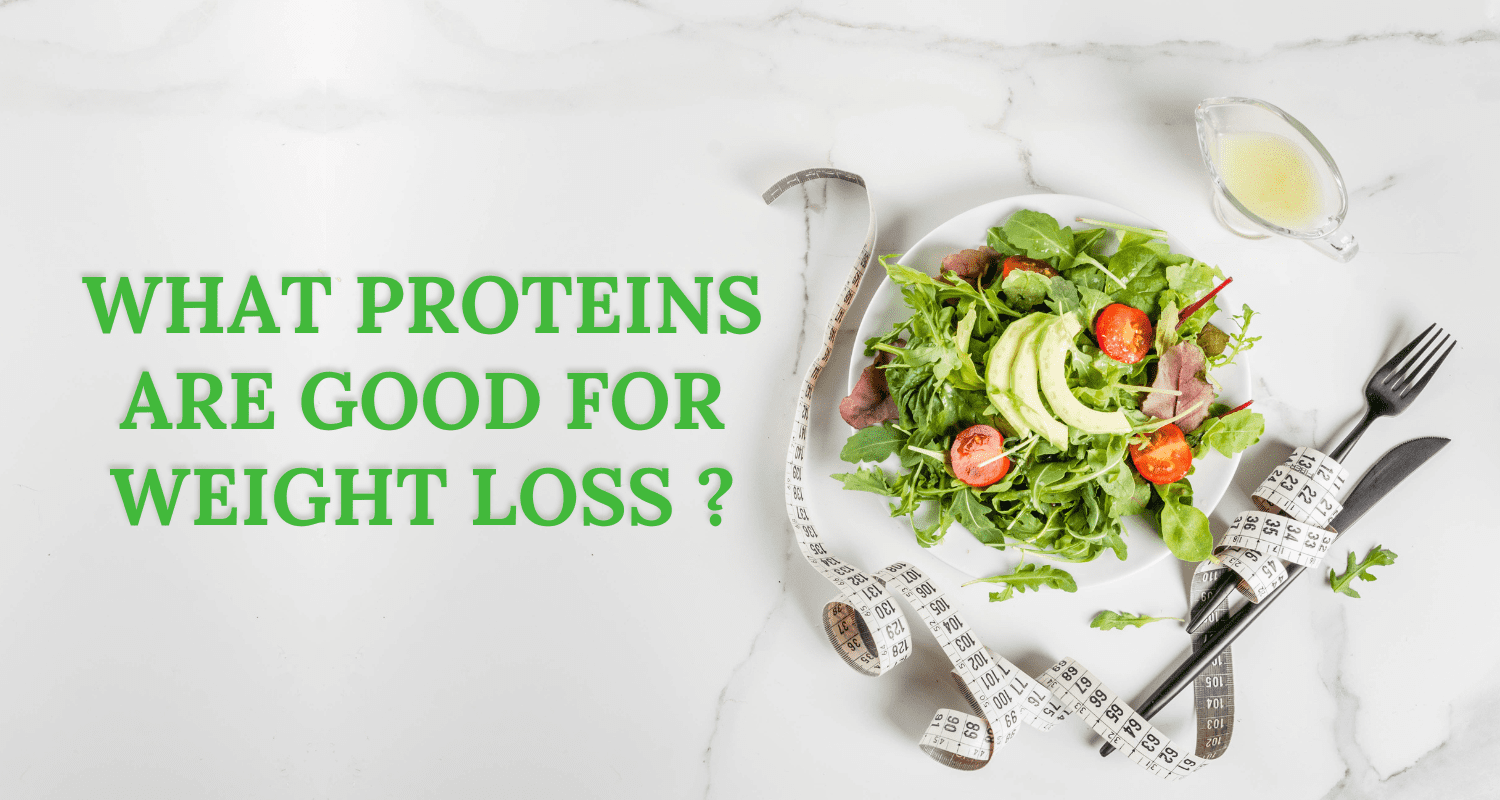Did you know that increasing your protein intake can be a powerful tool for weight loss?
Whether you’re looking to shed a few pounds or embark on a major transformation, incorporating a high protein diet into your routine can make a significant difference. Not only does protein enhance satiety, keeping you full and satisfied, but it also boosts your metabolism and supports your fat loss journey.
In this article, we will explore how to increase protein intake for weight loss and the benefits of protein for weight loss.
Let’s delve into how to increase protein intake for weight loss.
Key Takeaways:
- Increasing protein intake can aid in weight loss by enhancing feelings of fullness and boosting metabolism.
- A high protein diet for weight loss promotes muscle growth and repair, helping you achieve your weight loss goals.
- How to increase protein intake for weight loss? There are various protein-rich foods you can include in your diet to increase your daily protein intake.
- Protein supplements, such as protein shakes, can be a convenient way to increase protein intake.
- Choosing the right proteins and determining the appropriate protein macros are essential for effective weight loss.
The Benefits of Protein for Weight Loss
When it comes to weight loss, incorporating protein into your diet offers numerous benefits. Protein is a vital nutrient that plays a crucial role in achieving your weight loss goals.
Let’s explore the various ways protein can support your weight loss journey:
Promotes Muscle Growth and Repair
Protein is essential for building and repairing muscles. When you consume protein, it provides the necessary amino acids to support muscle growth and recovery. This is especially important during weight loss, as it helps preserve lean muscle mass while promoting fat loss.
Increases Feelings of Fullness
One of the key benefits of protein for weight loss is its ability to increase feelings of fullness. Protein-rich foods take longer to digest compared to carbohydrates or fats, keeping you satiated and reducing the chances of overeating. By including protein in your meals and snacks, you can control your appetite and manage your calorie intake more effectively.
Boosts Metabolism
Protein has a higher thermic effect compared to carbohydrates and fats. This means that your body expends more energy to digest and process protein, leading to a temporary increase in metabolism. By including protein in your diet, you can slightly elevate your metabolic rate and support your weight loss efforts.
Aids in Fat Burning
Consuming an adequate amount of protein can help optimize fat burning during weight loss. Protein can increase the production of certain hormones that promote fat breakdown and inhibit fat storage. Additionally, it helps maintain stable blood sugar levels, reducing the risk of cravings and promoting fat mobilization.
Supports Overall Health
Protein is not only beneficial for weight loss but also supports your overall health. It plays a role in strengthening your immune system, promoting healthy hair and nails, and regulating various bodily functions. By including protein in your diet, you can enhance your overall well-being while working towards your weight loss goals.
These are just a few of the many benefits that protein offers for weight loss. By incorporating protein-rich foods and snacks into your daily routine, you can enjoy the advantages of increased muscle growth, feelings of fullness, boosted metabolism, and optimized fat burning on your weight loss journey.
Protein-Rich Foods for Weight Loss
When it comes to weight loss, incorporating protein-rich foods into your diet can be incredibly beneficial. These foods not only help you meet your daily protein requirements but also provide other essential nutrients for optimal health.
Here is a comprehensive list of protein-rich foods that you can easily add to your meals:
- Lean Meats: Opt for lean protein sources like chicken breast, turkey, and lean cuts of beef.
- Fish and Seafood: Include fatty fish like salmon, tuna, and mackerel, which are not only rich in protein but also high in omega-3 fatty acids.
- Eggs: Eggs are a versatile source of protein, packed with essential vitamins and minerals.
- Dairy Products: Incorporate low-fat dairy products such as Greek yogurt, cottage cheese, and skim milk for a protein boost.
- Plant-based Protein: Include legumes like lentils, chickpeas, and black beans, as well as tofu and tempeh for plant-based protein options.
- Nuts and Seeds: Snack on almonds, walnuts, chia seeds, and flaxseeds, which are not only rich in protein but also provide healthy fats.
- Quinoa: This whole grain is a complete protein source, making it an excellent addition to your diet.
- Leafy Greens: While not high in protein compared to other sources, leafy greens like spinach and kale still contribute to your overall protein intake.
By including a variety of protein-rich foods in your meals, you can optimize your weight loss efforts and ensure you are getting the nutrients your body needs for overall health and well-being.
Protein Supplements for Weight Loss
When it comes to supporting weight loss efforts, protein supplements, including protein shakes, can be a valuable addition to your diet. These supplements offer a convenient and efficient way to increase your protein intake and enhance your weight loss journey.
There are different types of protein supplements available, each with its own unique set of benefits. Whey protein, for example, is a popular choice due to its high bioavailability and complete amino acid profile. It can be easily digested and absorbed by the body, making it an ideal option for post-workout recovery.
Egg white protein is another excellent choice for weight loss. It is a lean source of protein that provides essential nutrients while being low in calories and fat. This makes it a suitable option for individuals looking to reduce their overall calorie intake.
Additionally, plant-based protein supplements, such as pea or soy protein, can be an ideal alternative for those following a vegetarian or vegan diet. These options offer a complete amino acid profile and can support muscle growth and repair, just like animal-based proteins.
The Benefits of Protein Shakes for Weight Loss
Protein shakes provide various benefits when incorporated into a weight loss regimen. First and foremost, they help to increase feelings of fullness and satiety, which can reduce overall calorie consumption.
By replacing a high-calorie meal with a protein shake, you can effectively manage your calorie intake and support weight loss.
In addition, protein shakes can boost metabolism, leading to increased calorie burning throughout the day. This thermogenic effect occurs due to the energy required for protein digestion and absorption. By including protein shakes in your diet, you can maximize your body’s calorie-burning potential.
Furthermore, protein shakes support muscle growth and repair, which is crucial for weight loss. When combined with exercise, protein supplementation can help preserve lean muscle mass while targeting fat loss. This not only improves body composition but also enhances overall health and fitness.
When choosing a protein supplement, it’s essential to consider factors such as personal preferences, dietary restrictions, and specific weight loss goals. Opt for high-quality products from reputable brands to ensure you’re receiving the necessary nutrients without any unwanted additives or fillers.
- Check the protein content per serving to ensure it aligns with your nutritional needs.
- Consider the taste and consistency of the protein shake, as it should be enjoyable to consume.
- Read product labels to identify any allergens or ingredients that may not fit your dietary requirements.
By incorporating protein supplements, such as protein shakes, into your weight loss journey, you can effectively increase your protein intake and support your overall goals. Remember to consult with a healthcare professional or registered dietitian before making any significant changes to your diet or exercise routine to ensure it aligns with your individual needs.
Conclusion
In conclusion, how to increase protein intake for weight loss, it is essential to understand first that incorporating the right proteins into your weight loss journey can make a significant difference. By focusing on the best proteins for weight loss, you can maximize the benefits of protein intake and achieve your goals more effectively.
When it comes to selecting the best proteins, opt for lean sources such as chicken breast, turkey, fish, tofu, and Greek yogurt. These foods are low in calories and high in protein, making them ideal for weight loss.
Additionally, how to increase protein intake for weight loss, and determining the appropriate protein macros for weight loss goals is crucial. Consulting with a registered dietitian or nutritionist can help you create a personalized plan that optimizes your protein intake while considering other macronutrients.
By following these tips and implementing strategies to increase your protein intake, you can enhance satiety, boost metabolism, and support your weight loss journey.
Remember, achieving sustainable weight loss is a holistic process that requires a balanced diet, regular exercise, and a healthy lifestyle overall.
FAQs
How to increase protein intake for weight loss?
Increase protein intake by incorporating lean meats, fish, eggs, tofu, and legumes into your meals. You can also opt for protein shakes or bars as snacks.
Can I lose weight by increasing protein intake?
Yes, increasing protein intake can aid weight loss by promoting satiety, preserving lean muscle mass, and boosting metabolism.
How much protein should I eat a day to lose weight?
Aim for about 1.2-1.6 grams of protein per kilogram of body weight per day to support weight loss and maintain muscle mass.
Which protein is best for weight loss?
Opt for lean protein sources such as chicken breast, turkey, fish, Greek yogurt, cottage cheese, and plant-based proteins like lentils and quinoa.
How do I get enough protein to lose weight?
Plan your meals to include protein-rich foods at each meal and snack. Use protein supplements like shakes or bars if needed to meet daily protein goals while reducing overall calorie intake.
Disclaimer: This content, including advice, provides generic information only. It is not a substitute for a qualified medical opinion. Always consult a specialist or your doctor for more information. Nutrition Cult does not claim responsibility for this information.




